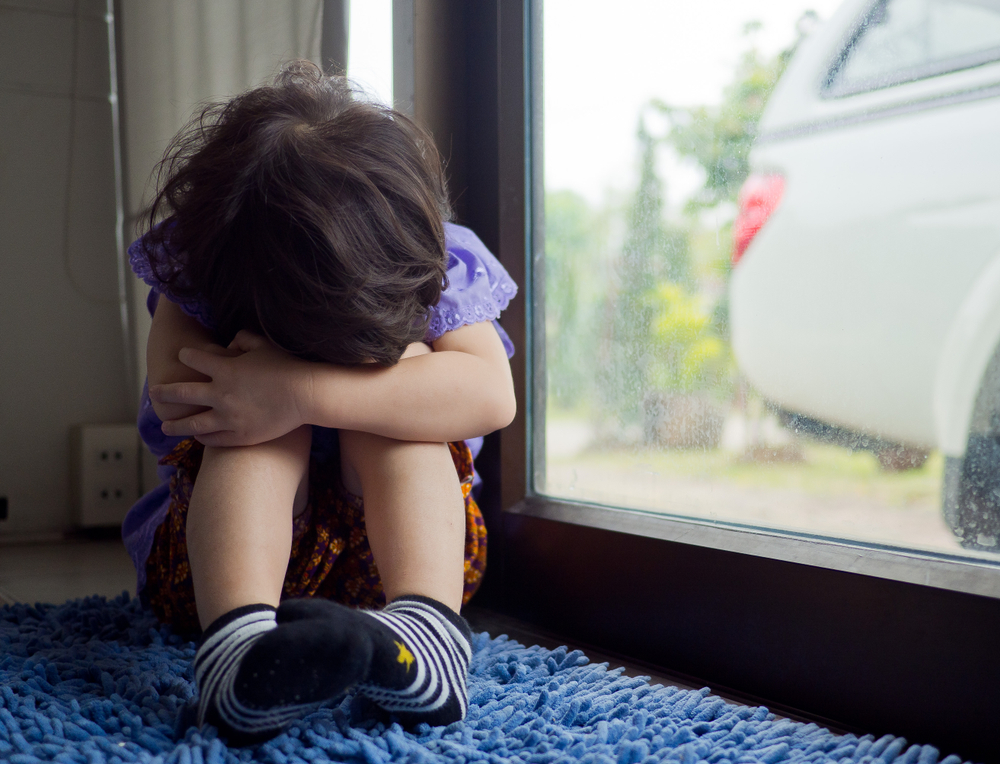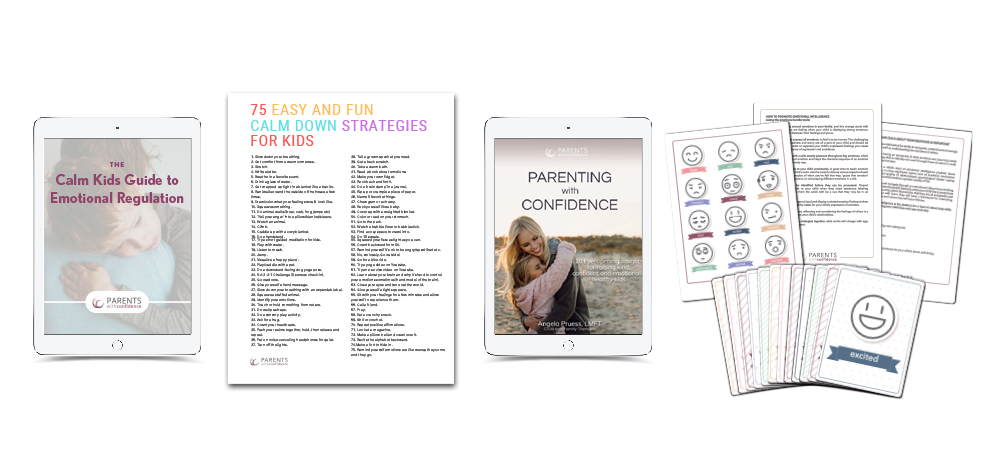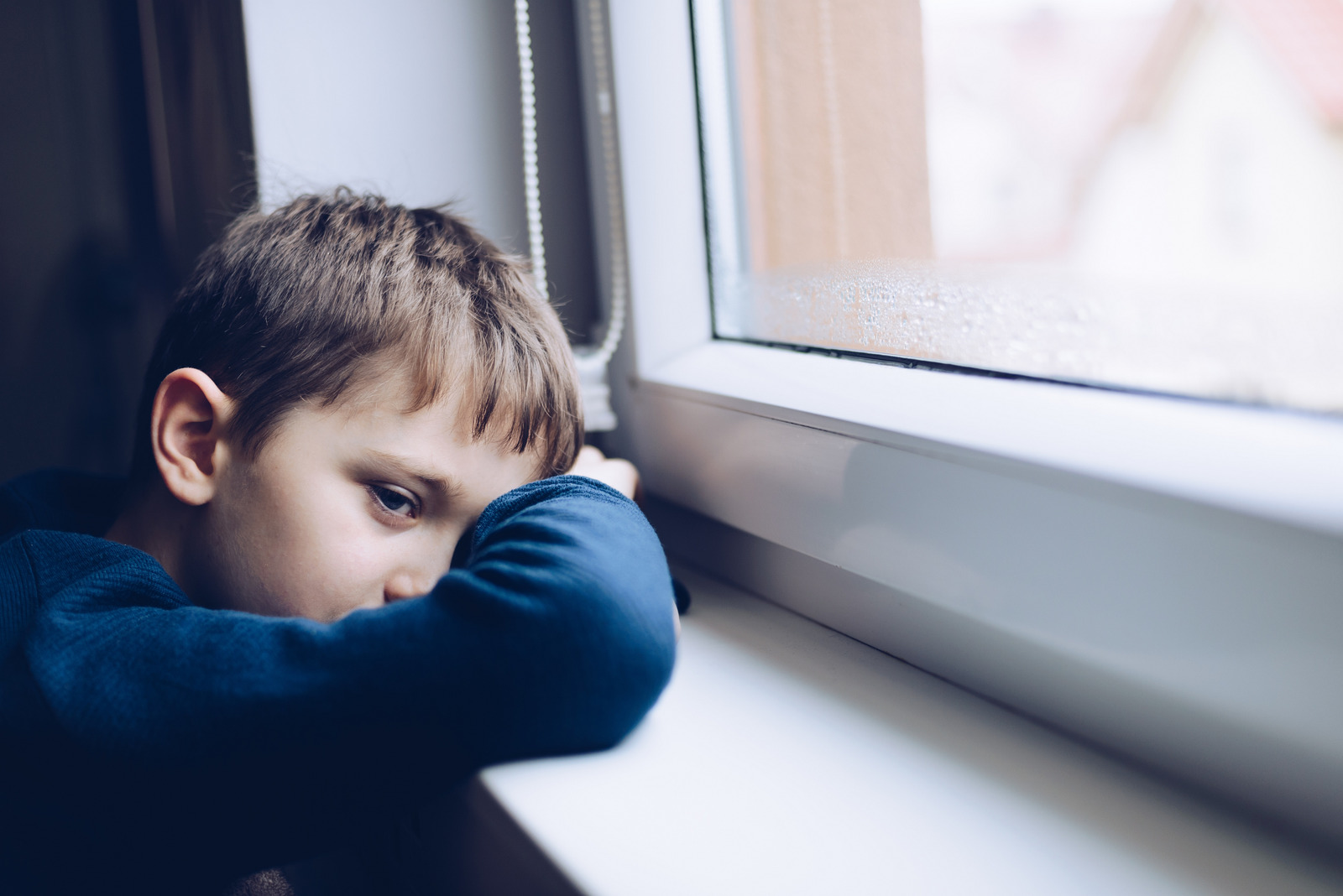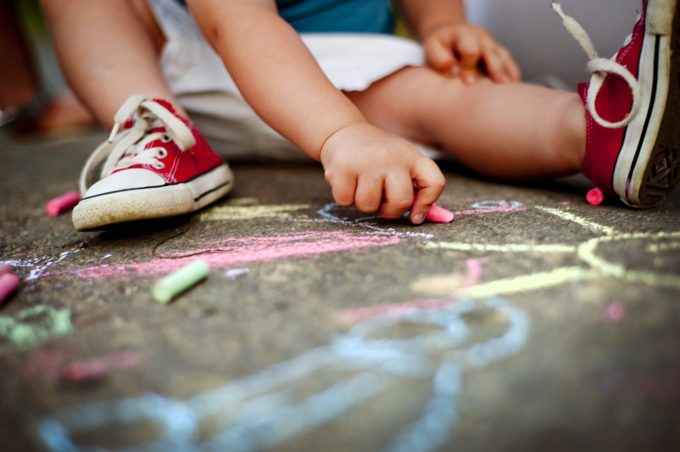7 Surefire Signs Your Child Needs a Mental Health Day
Inside: Just like adults, kids need mental health days to keep their stress levels under control and maintain good emotional health, here are 7 signs your child may need one.
“I’m not going to school, today mom!”.
Every once and a while my fourth-grader drops this line on me in the midst of the eating breakfast-taking vitamins-making lunches chaotic morning shuffle.
After many years of being in this situation, I’ve learned that this sentiment usually passes if I don’t immediately respond by demanding that she go, and instead ask, “what’s up?” or acknowledge that it sounds like she might be feeling stressed about something.
More often though, she just needs me to make space for her feelings at that very moment.
(Similar to how I whine out loud to myself “I don’t want to do the laundry today!!” and then slog into the laundry room to throw in the whites.)
In a couple of instances throughout her school career though, these comments started to appear day after day, signaling to me that there may be a bigger and more ongoing stressor she’s dealing with, and more often than not, the 10-minute window of chaos before we leave for school is not going to give her the time she needs to work through it.

Do kids need mental health days?
While the concept of taking a mental health day has slowly begun to find its way into popular culture for adults, for some reason there continues to be a misconception that children don’t need mental health days, and many parents buy into the common misconceptions about mental health days for kids such as taking the day off school for mental health may create patterns of avoidance or that their child will begin to ‘take advantage of the system’.
Admittedly, it took me years to become self-aware in regards to the many unhelpful mindset traps I’d find myself in when my daughter would send out stress signals before school, but the more I learned about the way the brain works under stress (the higher thinking part of the brain shuts down in some capacity when the brain’s emotion center is activated), the more I became convinced that sending her to school overwhelmed or anxious wasn’t going to do anyone any good.
Navigating moments like these with your child might be new territory and it may feel particularly tricky to know whether or not your child really needs a mental health day, or if they’d be just as well off heading out to participate in their daily routine.
You can take your child’s temperature to see if they’re physically ill, but how do you take your child’s emotional temperature?
While each child’s signs and symptoms of stress and anxiety will be as different as their unique fingerprint, there are common behaviors and patterns that are clear indicators that your child may be experiencing emotional stress and that taking the day off for mental health is warranted.
7 signs your child might need a mental health day
1. All the feelings
When your child is stressed, the body’s stress response dictates that the emotional area of their brain calls the shots much more often than usual, meaning all emotions have the potential to be heightened.
Does your child seem more irritable and reactive? Are they getting angry very quickly and perhaps crying more than usual? If you’re noticing an ongoing trend of your child having all. the. feelings moreso than their typical emotional baseline, it could be a sign of stress and anxiety.
2. Resistance
“I’m not going to school mom”. After I’ve heard my 8-year old make this comment several mornings in a row, her behavior is cluing me into the possibility my daughter is having anxiety over something at school.
After all, if something is stressful or overwhelming a natural coping response is to avoid it.
If your child has been increasingly resistant when it’s time for them to go to daycare or soccer practice, it may indicate the need for a mental health day. There’s always a reason for this resistance, and the reason often falls into one of the two categories…

3. Friendship woes
In addition to academics, your child is getting a lot of real-life experience building friendships in most learning environments.
Social dynamics such as conflict resolution, communicating their needs politely to peers, and bullying can be challenging for many kids and cause overwhelm.
Taking a mental health day off from the usual routine allows you to drill down into the particular dynamics/situations stressing them out and make a plan to build their skills and confidence in this area.
(School guidance counselors are amazing resources for building positive social skills and navigating peer conflicts respectfully too.)
::::: Want to teach your child to manage their emotions in healthy ways? Give your child the lifelong superpower of emotional regulation skills with the Calm Kids Set

4. Performance anxiety
“I’m not smart at math anymore mom, I got 5 questions wrong on my test”.
Somewhere along the line, many children pick up the message that mistakes and imperfection equal failure, instead of reality, which is that mistakes and imperfection equal learning.
In both spheres of academics and athletics, the pace and expectations are in many cases faster and higher than they were for generations past, and when the expectations of schools and athletic organizations surpass age-appropriate developmental skills, it’s a surefire recipe for stress and overwhelm.
It might be time to ask the following questions during a mental health day with your child to get a clear picture of what they’re feeling pressured about, to turn down the heat in their academic or athletic pressure cookers:
What is stressing you out the most about school right now?
Do you feel that what’s being asked of you at ______ is fair and realistic?
Is there anything you could let go of for now to simplify and take care of yourself?
How can I support you to do your best while also taking good care of yourself?
Big Life Journal has amazing resources to help teach kids about growth mindset, positive thinking, and avoiding perfectionism, as this will likely be an ongoing conversation to help your child foster healthy attitudes and self-compassion in regards to achievement.
5. Changes on the homefront
Moving, separations, job changes. Learning to deal with difficult changes and losses that happen in our families is part of growing up.
However certain ‘environmental stressors’ may cause excessive stress for some kids, and they may require additional support to work through their thoughts and emotions.
For example, children can experience grief and loss in many different situations, but the way it’s experienced and processed will be different for each child.
Taking a mental health day with your child will allow you to set the stage for open discussion around any challenging topics or upcoming transitions and related emotions and coping strategies.
6. Frequent stomachaches or physical complaints

Frequent stomach aches, headaches, and even cramps can be related to your child’s stress response being in a state of overdrive.
When the limbic system is activated in light of a perceived threat, many bodily systems slow down to conserve energy including the digestive system and blood flow to the extremities.
This may leave your child feeling the physical side effects, including stomach aches, pains in their extremities, and headaches.
If these complaints come and go on a regular basis (with no other signs of physical illness) ask your child if there’s anything they’ve been thinking about a lot lately or anything that’s worrying them.
Books (aka bibliotherapy) are a great way to explore an abstract and sometimes overwhelming topic with your child.
While your child takes the day off school for mental health, use the opportunity to explore an age-appropriate book from this wonderful list of books about anxiety for kids from fellow therapist Natasha Daniels.
7. Bids for connection
If your child seems to be requesting your attention (in both positive or negative ways) more than usual they may be feeling a healthy need for increased connection (aka time and undivided attention) with you, and a mental health day off school may be the best chance for them to get a therapeutic dose of it.
Your child’s connection and relationship to you continue to be their emotional ‘home base’ throughout development.
It is from the consistent and unconditional acceptance and validation of attachment figures, that your child gains the confidence to master new skills out in the world each day.
The busy schedules and increased technology of modern culture make it even more important that connecting with your child is prioritized with intention.
If your child needs a mental health day, in most instances, giving them your undivided attention is the most healing and restorative thing you do.
How do I actually know if my child needs to take a mental health day?
Ultimately, the goal of offering your child a mental health day is not to serve as a ‘cureall’ for your child’s stress, but as an opportunity to get curious about their emotional health and to access if there are any areas they need more support ongoing.
Abysmal Mental health statistics on children and adolescents continue to clearly show us in no uncertain terms that Mental Health Days for Kids are just as necessary as days spent home sick with a fever or cough.
If certain areas of your child’s life are out of balance and it’s taking a toll on their emotional health, your child may tell you with their words or their behaviors.
Just make sure you’re listening.
Want to Raise an Emotionally Healthy Child that will thrive out in the world? I created a free 5-day parenting course just for you! (sign up below)
Other parenting articles you’d love:
75 Awesome Calm Down Strategies for Kids (that they’ll actually want to try!)
The Best Mindset for Parenting a spirited Emotionally Intense Child
10 Insights of Remarkable Parents from a Family Therapist
Easy Ways to Bond With Your Child (even when there’s no time in the day)
10 Everyday Ways to Improve Your Child’s Mood and Behavior
*this article is one of a 4-part series on the importance of mental health days for kids.







